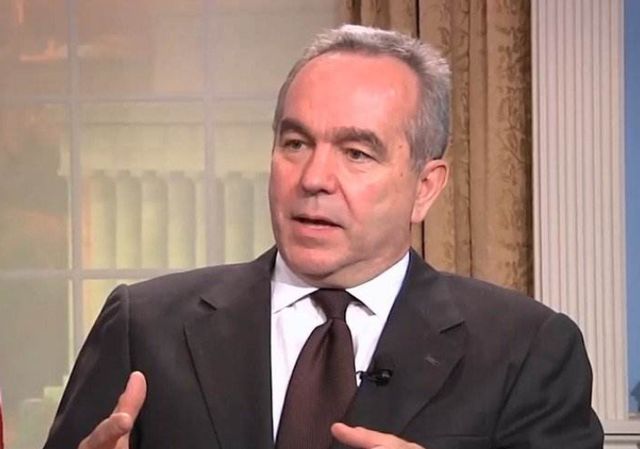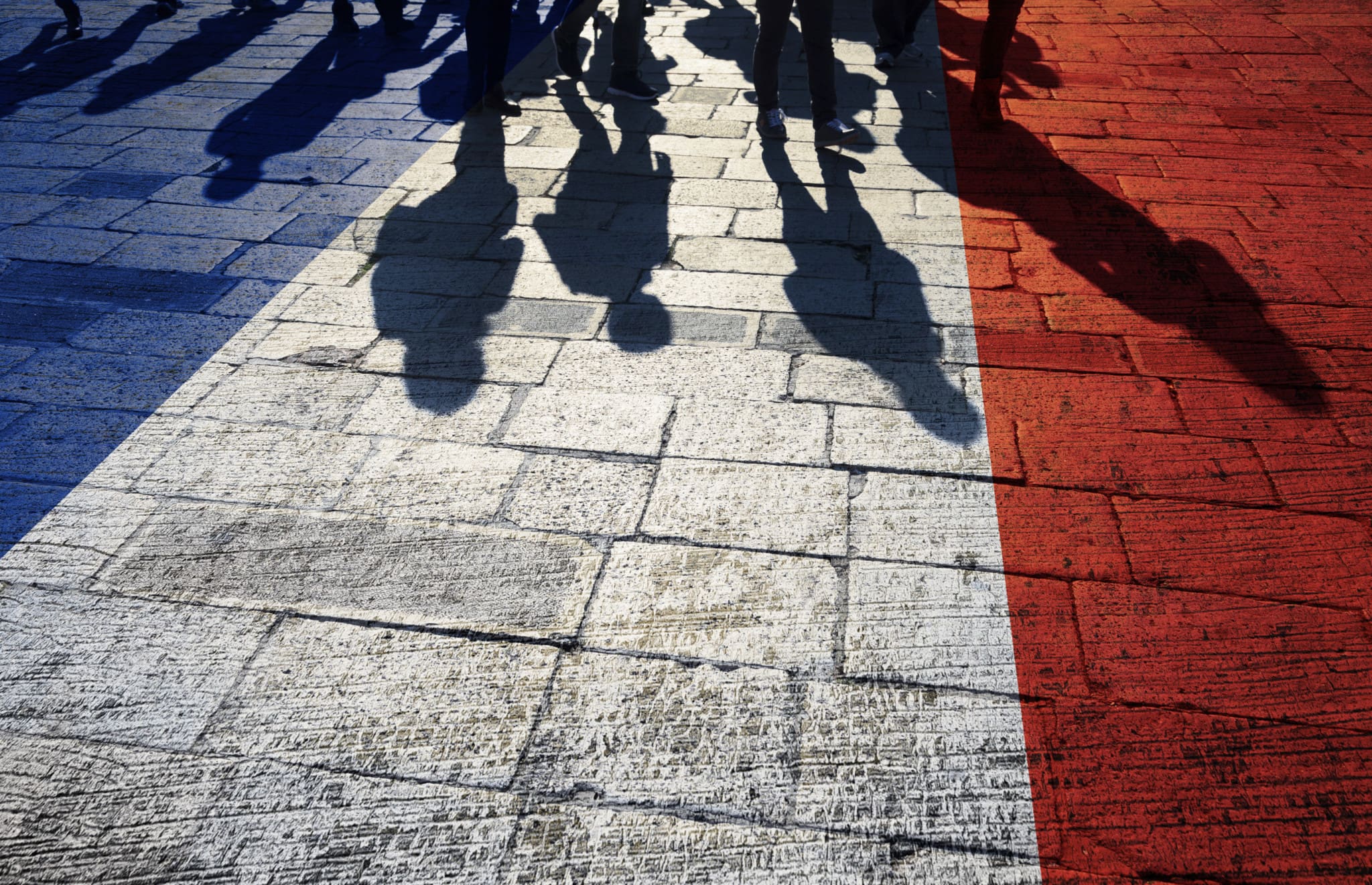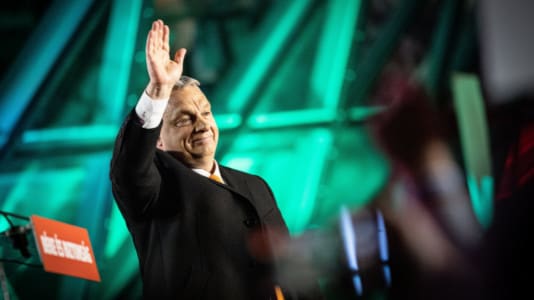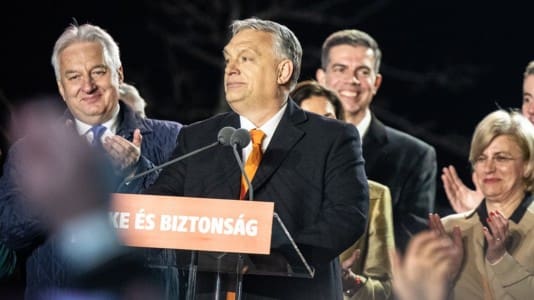France and Europe must abandon mass immigration and radically change their immigration policies, warned Pierre Brochand, who served as director of the French DGSE from 2002 to 2008, during an interview published in one of France’s most influential newspapers, Le Figaro.
“All ‘multicultural’ societies are doomed to more or less deep rifts,” explains Brochand, who was one of the longest-serving directors of the DGSE, an agency he headed for six years and which is the French equivalent of the American CIA and the British MI6. “In such a situation, it happens that minorities are violent winners, and majorities placid losers.”
During his career, Brochand has also been a French ambassador, notably in Hungary and Israel. Already in July 2019, he publicly expressed his fear of a civil war in France because of uncontrolled immigration.

His interview for Le Figaro was published on March 24 in the context of a new conflagration in the French ethnic suburbs, particularly in Paris and Lyon. For the last two weeks, the cities of Sevran and Aulnay-sous-Bois in the suburbs of Paris have been the scenes of true urban guerrilla warfare, and similar scenes have been seen in Villeurbanne and Vénissieux, in the suburbs of Lyon. Each time, it is incidents between police officers trying to enforce the law and violent multi-recidivist criminals that were the initial cause of riots, shootings, and arson, as well as ambushes set up against the police squads called in as reinforcements.
For the former DGSE head, if there is so much talk about immigration in France today, it is because it is “increasingly difficult to prevent the French from seeing what they see,” and also because “a breakthrough personality has suddenly appeared in the formulaic world of politics that has encouraged them to open their eyes.”
[pp id=21930]
Clearly, Brochand is referring to Éric Zemmour, who has succeeded in placing immigration at the heart of the current electoral campaign, even if he does not seem to benefit from it himself, with the latest polls placing him at only about 10 percent of voting intentions, far behind Marine Le Pen, who is at about 20 percent for the first round due to be held on April 10. But should we believe the polls when Zemmour continues to draw crowds to his election rallies and break audience records during his television appearances? Zemmour succeeded in gathering several tens of thousands of supporters on Sunday, March 27, at the Trocadero square in Paris, which no other candidate has managed to do.
Or maybe through Zemmour’s politically incorrect speech, his role will be limited to giving Marine Le Pen an image of moderation that will allow her to win against Emmanuel Macron in the second round of the presidential election on April 24? This is what supporters of Macron are beginning to fear if we are to believe the comments coming from the French mainstream (mostly pro-Macron) media in recent days.
In any case, according to the former head of the DGSE, who is by no means the first personality to warn the French on this subject, if Emmanuel Macron is re-elected and France does not radically change its policy, a civil war is on the horizon.
[pp id=16366]
“For my part,” Brochand insists, “I hold the type of immigration, which we have been experiencing for half a century, to be an event ‘out of category,’ without precedent in our history. And, quite honestly, I confess that I do not understand how free and enlightened minds can still underestimate its seriousness.”
And yet, he explains, in order to see the seriousness of it “one just needs to enumerate coldly its characteristics” and look at “the impact of what is happening to us:” The massive immigration flows, the type of immigration, with mostly migrant settlers, the “absence of political and economic regulation,” the fact immigrants are mostly from outside Europe and in large part Muslims, their “spirit of post-colonial revenge,” their “reluctance to mix” with the French, their “preference for endogamy,” their “crystallization in diasporas,” their fertility rate, which is higher than that of the French, and above all their “non-convergent evolution over generations,” i.e. the fact that younger generations born of immigrants are “even less integrated with French society than their parents.”
For the former head of French intelligence, “this gradual upheaval of the French population, if not the only challenge we face, is the only one that directly threatens civil peace on our territory.”
Brochand gives a solution, however, which happens to be the one advocated by Marine Le Pen and Éric Zemmour: “If we really want to regain control over our demography, we have no other choice than to make a 180-degree turnaround, that is to say, to send the message, urbi et orbi, loud and clear, that France will no longer be, for the foreseeable future, a welcoming country. This implies a global approach to the problem and unabated resolve in its implementation.”
[pp id=19277]
Indeed, he explains in words that we have heard in the past from the leaders of the Visegrád Group and in particular from Hungarian Prime Minister Viktor Orbán, “all immigration is activated by both a ’push’ factor (which encourages people to leave their country of origin) and a ’pull’ factor (which attracts them to the country of destination). Since we do not have much leverage on the first factor — the ritual invocation of ‘co-development’ no longer fools anyone — we have no other solution than to reduce our attractiveness to zero.”
To achieve this, Brochand says, it is necessary to do a “colossal, historical ‘backpedaling’ work in order to restore the national state’s ‘power to do and prevent,’ in place of the usual ‘laissez-faire, laissez-passer’ approach, that the society of the individuals and its European extension propose to us.”
“Is it too late?” the Figaro interviewer asked him. Brochand’s answer was: “In any case, it is very late. Let us face it: We are no longer dealing with dispersed individuals, that is to say, so many ‘special cases,’ each in search of a better future, but with diasporas.” Now, explains the former DGSE director, “a diaspora is an entity, formed by immigrants and their descendants — including, crucially, French nationals — who are grouped together and whose numbers reach a critical mass sufficient for social pressure to encourage the perpetuation of the beliefs and ways of life of the countries of origin, with which relations remain tense. This way, more or less closed foreign enclaves are spontaneously formed that turn their backs on the host country and its customs.”
Unfortunately, the former head of French intelligence is very pessimistic about his country’s future:
“While I refuse to give up hope, I do not have too much illusion either about the possibility of the authorities regaining control over immigration flows. When we see that the program of the incumbent president, who is running for his re-election, continues to superbly ignore the subject, one cannot but reflect on how much history can be inescapable and irreversible, even when it leads us straight to the greatest misfortunes. (…) All my accumulated experiences make me foresee a dark, and even very dark, future for our children and grandchildren. At best, they are heading toward an unsuspected collapse of their quality of life (an implosion); at worst, we are leading them to terrible confrontations (an explosion). Most likely, there will be a combination of the two amid growing confusion.”





